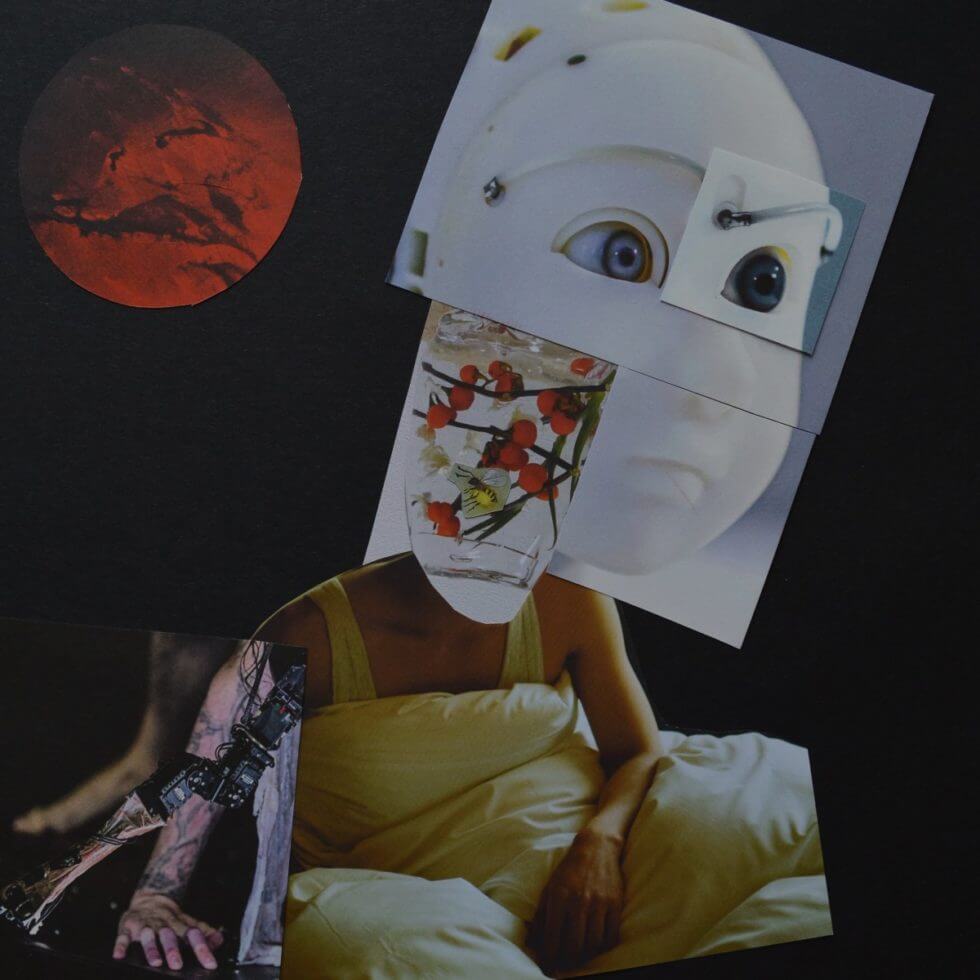
Crash Theory
Adam Fish, University of New South Wales
Crash Theory is a documentary that investigates the entanglements of disintegrating ecologies, tumbling drones, and human interventions. This 45-minute video, by anthropologist Adam Fish, provides a first-person account of drones monitoring erupting volcanoes, palm oil plantations, and coral reefs in Indonesia; marauding elephants in Sri Lanka; starving orcas in the United States; rhinos in the United Kingdom; and internet infrastructure in Iceland.

Andrea Ford, The University of Edinburgh; Giulia de Togni, University of Edinburgh; Sonja Erikainen, University of Edinburgh
As hyper-realistic social robots are being produced, the distinction between humans and machines may soon become imperceptible. Comfort levels with human-like robots vary greatly depending on location. For instance, in Japan - the world leader in the production of social assistive robots - the levels of acceptability seem higher than in Europe, with rising demand for robots that could potentially help in nursing care. Why is the development of human-like emotions in robots unsettling for many? Why are some people worried about machines becoming just like us?

Luká Senft, Institute of Sociology of the Czech Academy of Sciences; Tereza Stockelova, Institute of Sociology of the Czech Academy of Sciences; katerina kolarova, Institute of Sociology of the Czech Academy of Sciences
In this workshop we are interested in how the pandemic management impacts the human coexistence with varied forms of microbial life. On the one hand, the massive sanitary measures designed to kill the coronavirus (notably the use of surface disinfectants and hand sanitizers) impact heavily microbial multispecies communities in the public, work and domestic spaces. On the other hand, some of the lockdown folks report to have had more time to cook, ferment and care for their microbial companion species.
